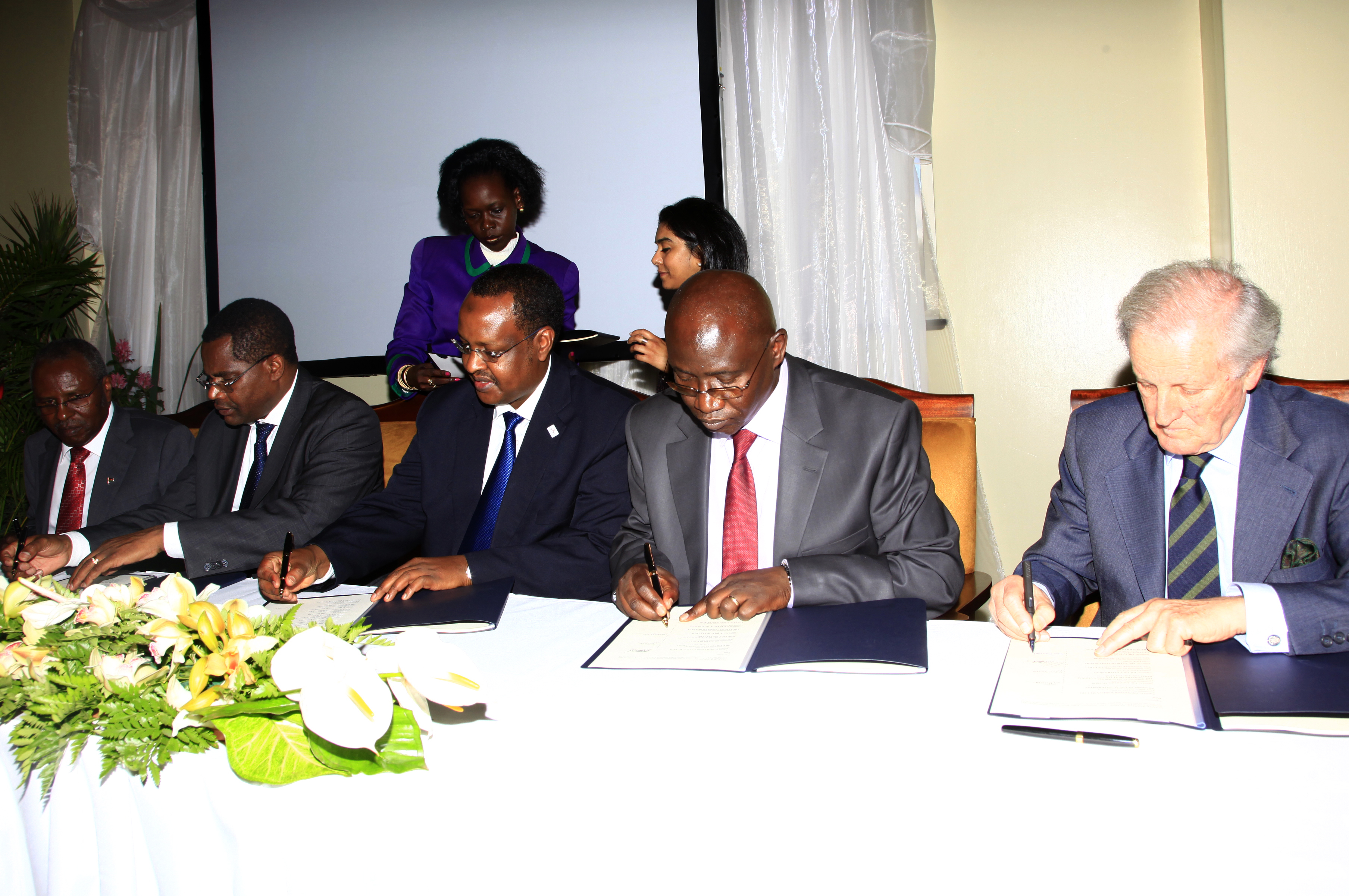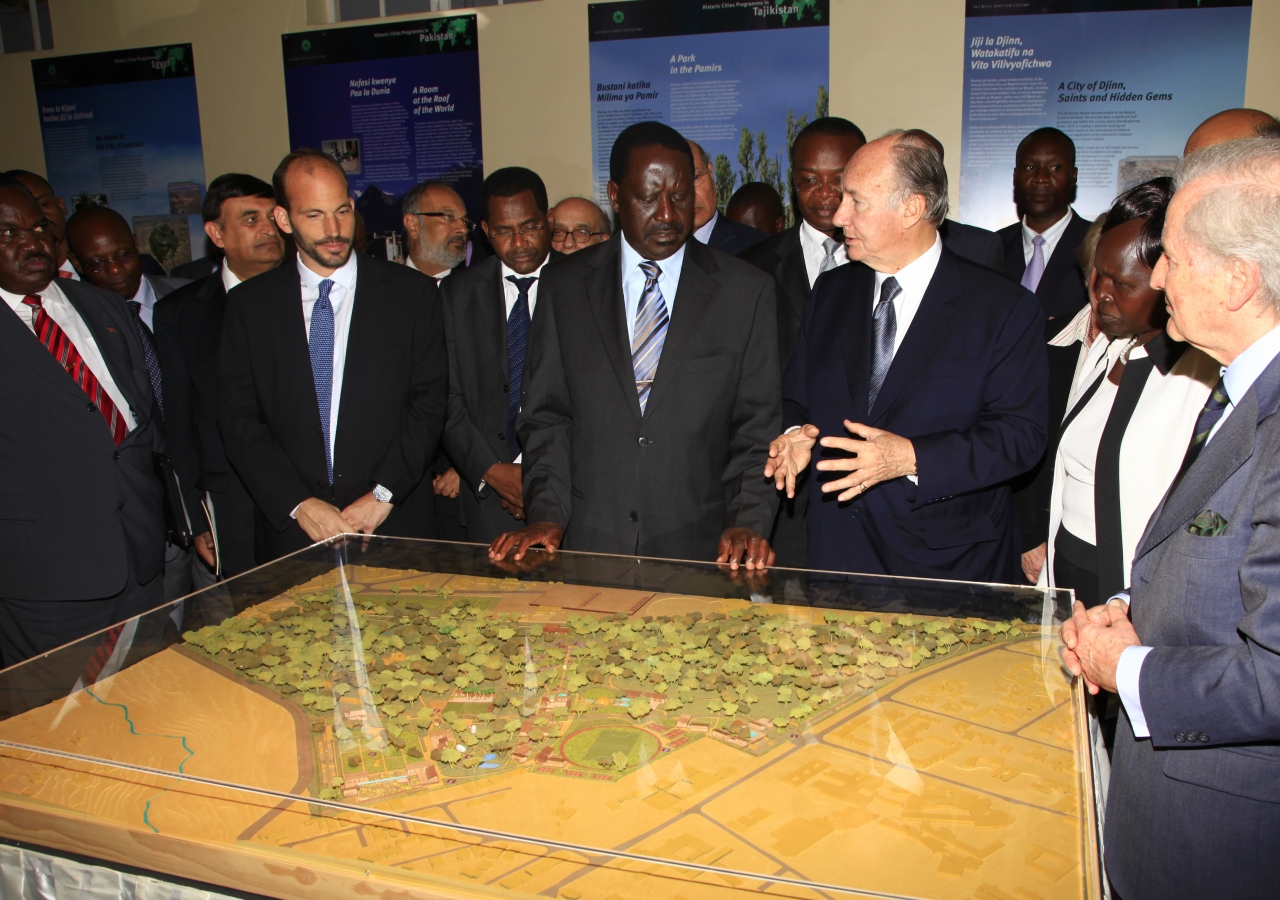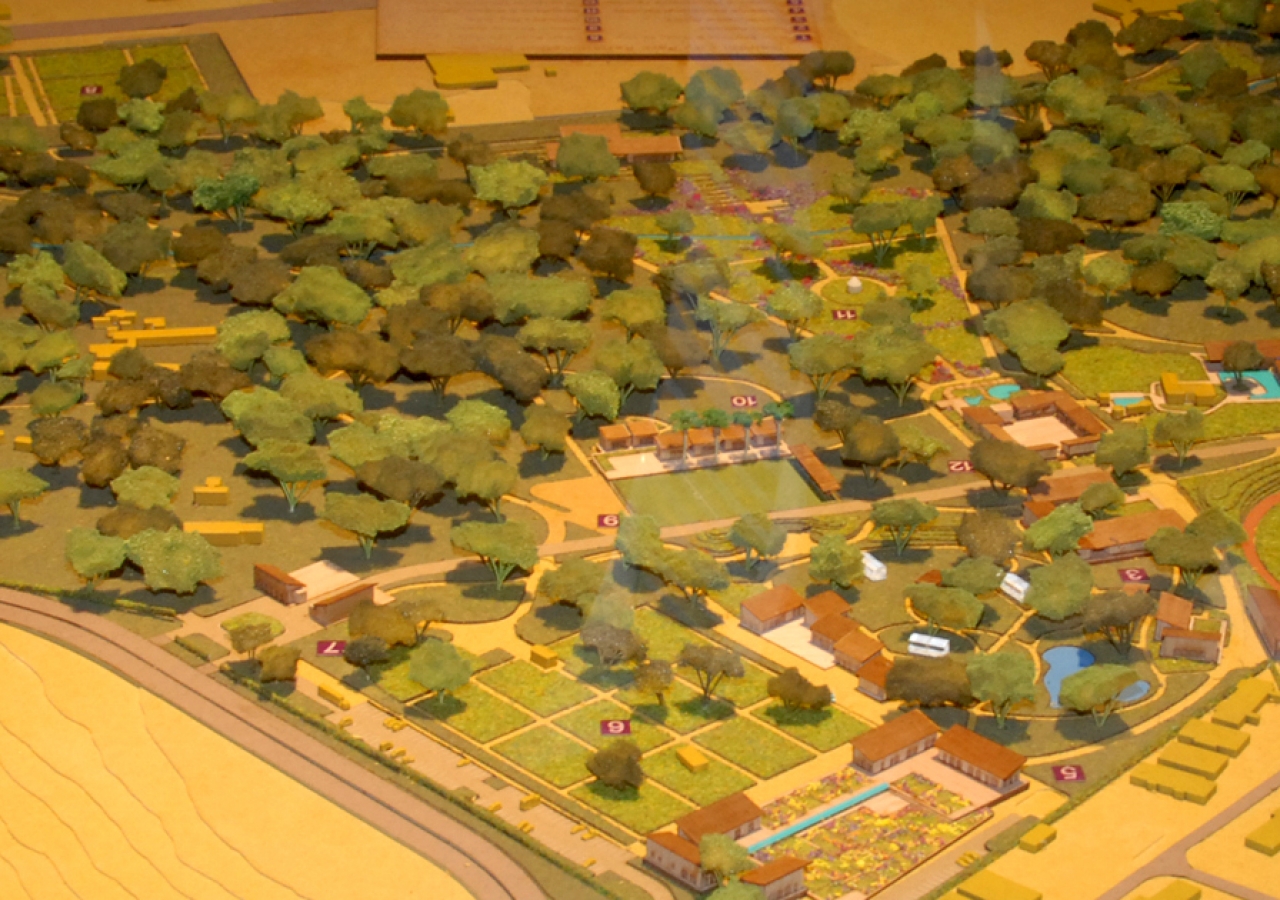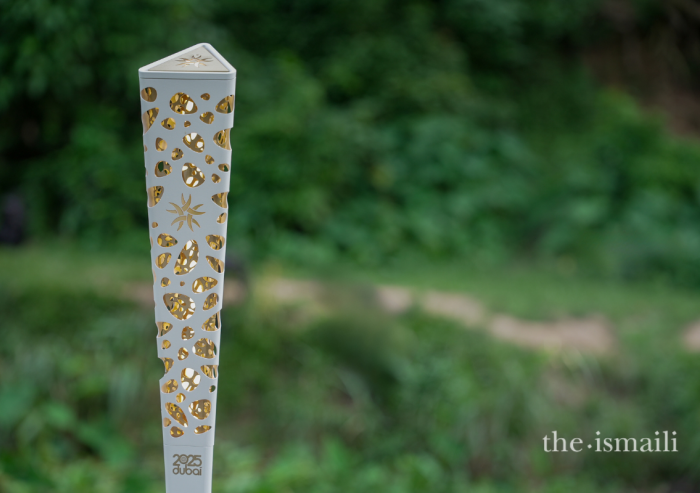“Culture is a trampoline for development and assistance for some of the poorest people in the world,” declared Mawlana Hazar Imam. He was speaking at a signing ceremony marking an agreement between the Aga Khan Trust for Culture (AKTC) and the Government of Kenya to rehabilitate Nairobi City Park.
Located in the Nairobi suburb of Parklands, the park once served as a community hub for leisure and cultural activities. In its heydey, it was a favourite spot for a fun outing. “I remember Aga Khan Primary School class picnics [at the park],” says one 55-year-old Jamati member. The long-time Nairobi resident delightfully recalls visits with the “brass band playing on Sundays, the goldfish pond and monkeys!”
The agreement builds on an April 2012 memorandum of understanding between the Government of Kenya, the Ministry of State for National Heritage and Culture, the City Council of Nairobi and the Aga Khan Trust for Culture to collaborate in the rehabilitation and restoration of the Nairobi City Park to international standards. Present with Hazar Imam for the ceremony, Prince Hussain, who had signed the MoU on behalf of AKTC in April, had noted at the time that it was “an important step towards ensuring that the historical and cultural heritage, as well as the significant biodiversity of Nairobi City Park, is conserved now and for the generations to come.”
 Mawlana Hazar Imam and Prime Minister Odinga tour an exhibition of the work of the AKTC Historic Cities Programme, accompanied by Prince Hussain, Dr Idle Farah and Luis Monreal. Samwell Nyakondo
Mawlana Hazar Imam and Prime Minister Odinga tour an exhibition of the work of the AKTC Historic Cities Programme, accompanied by Prince Hussain, Dr Idle Farah and Luis Monreal. Samwell NyakondoThe forested 60-hectare park was established in the 1930s and is a testament to a time when trees covered much of Nairobi. Today, as a heritage site under the care of the National Museums of Kenya, it remains a natural preserve and a sanctuary for birds, insects, mammals and plants. A recent biodiversity survey of the park identified 988 species of flora and fauna – including some rare varieties – and no less than 58 species of indigenous trees.
The rehabilitation project will take place over several years, and will include a new restaurant, educational facilities, a botanical garden, an exhibition ground, an open air theatre and sports facilities. The works will also improve the park's amenities and public safety, as well as provide the necessary infrastructure to maintain its natural and cultural heritage.
With ten park and garden projects in its portfolio, the Aga Khan Trust for Culture has shown that proper restoration and maintenance of green spaces can contribute to improving quality of life in cities. Parks and gardens can also be economic generators that drive – directly and indirectly – a broad advance of positive change.
 Signing the agreement (from left): Professor Karega Mutahi, Dr Jacob Ole Miaron, Dr Idle Farah, P.T. Odongo, Luis Monreal. Samwell Nyakondo
Signing the agreement (from left): Professor Karega Mutahi, Dr Jacob Ole Miaron, Dr Idle Farah, P.T. Odongo, Luis Monreal. Samwell Nyakondo“The Trust for Culture deals with cultural issues, environmental issues, and seeks to invest in the rehabilitation of cultural assets in the developing world,” said Mawlana Hazar Imam. “We are able to demonstrate that the support these sorts of initiatives give is as good as a micro dam or a ring road or an irrigation channel.”
Kenya's Prime Minister, the Right Honourable Raila Odinga, who was the guest of honour at the ceremony, remarked on the government's aspirations for the park: “City Park in particular has the mission of upholding our country's tradition and cultural heritage while preserving the natural heritage and ecosystems,” he said. “Creating green spaces in urban areas constitutes a significant improvement in the quality of the environment and people's living conditions.”
The signing ceremony took place at the Nairobi National Museum, and also included the unveiling of a model of the restored park. Signatories to the agreement included Luis Monreal, AKTC's General Manager, Professor Karega Mutahi, Permanent Secretary, Ministry of Local Government, Dr Jacob Ole Miaron, Permanent Secretary, Ministry of State for National Heritage and Culture, Dr Idle Farah, Director-General, National Museums of Kenya, and P.T. Odongo, City of Nairobi Town Clerk.









